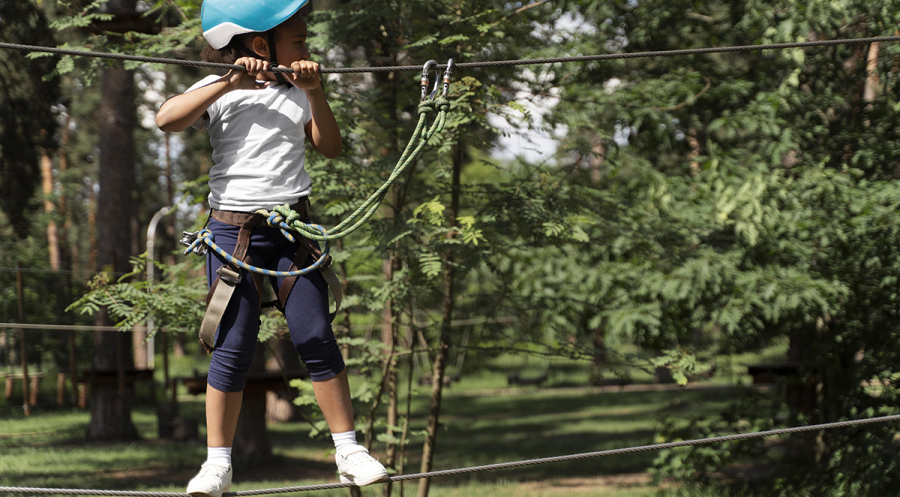When parents drop off their children at summer camp for the first time, they often wonder: will my child make friends? More importantly, will those friendships stick around? The answer, backed by decades of research, is a resounding yes! And the reasons are far more compelling than nostalgia alone.
Summer camp is an adventure and an opportunity for growth, adventure, and self-discovery. At Camp Tekoa we know how the right gear and preparation can enhance a camper's experience and confidence in the outdoors. Whether you're shopping for a birthday or holiday, or simply want to surprise your future camper with something special, this guide offers thoughtful gift ideas that will excite them about their upcoming adventure while providing practical value during their time at camp.
Are you wondering whether your child is ready for overnight camp or if day camp might be a better fit for your family this summer? At Camp Tekoa, we understand that choosing the right camp experience is an important decision that impacts both children and parents. Located in the beautiful Blue Ridge Mountains near Hendersonville, North Carolina, Camp Tekoa offers both day and overnight camp options designed to foster growth, independence, and lifelong memories in a faith-centered environment.
The Ultimate Guide to Christian Men's Retreats: 21 Theme Ideas for Spiritual Growth
Friday, 05 September 2025 08:55In today's fast-paced world, men face unique challenges balancing work, family responsibilities, and spiritual growth. Christian men's retreats offer a powerful opportunity to step away from daily pressures, reconnect with God, and build meaningful relationships with other men of faith. At Camp Tekoa Retreats, we've witnessed the transformative power of men gathering in the beautiful Blue Ridge Mountains to deepen their spiritual journeys together.



